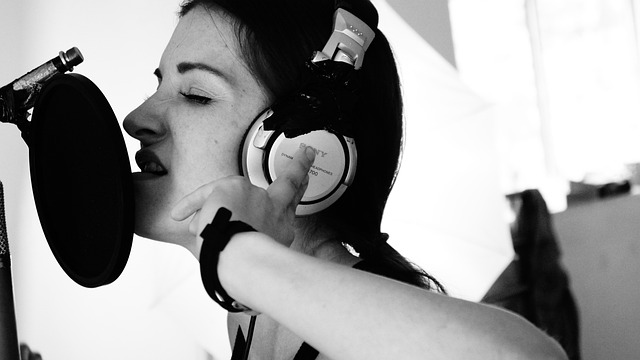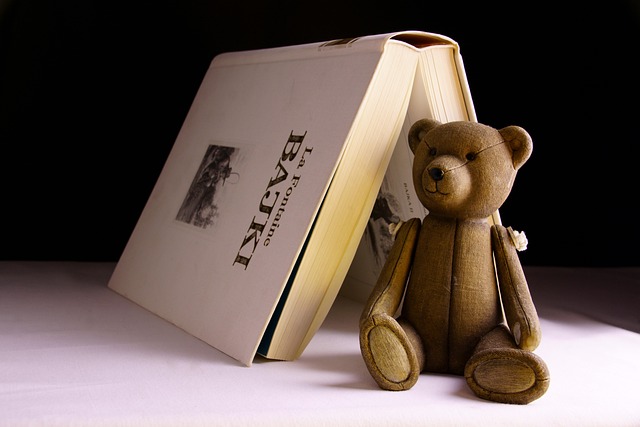Article Title:Semi-institutional discourse: The case of talk shows
Abstract:
This paper explores the nature of the talk show as a particular instance of broadcast discourse, which is envisaged both as a media product and as an ongoing talk-oriented process. The analysis focuses on the discursive features of the talk show, regarded as a host-controlled, participant-shaped and audience-evaluated speech event. The approach taken here draws on recent research in conversation- and discourse-analysis, pragmatics, critical linguistics, philosophy of language, and media and cultural studies. By focusing on excerpts taken from two American talk shows (the Oprah Winfrey show and the Geraldo Riveria show), this study is intended to capture the distinguishing features of the talk show by comparing it with casual conversation, on the one hand, and with institutional interaction, on the other. It is proposed that one of the major distinguishing features of talk shows is their semi-institutional nature, i.e. they exhibit a mixture of characteristics pertaining to both casual conversation and institutional discourse in terms of discursive configuration and goal, participant role assignment and role switching, talk and topic control. (C) 2001 Elsevier Science B.V. All rights reserved.
Keywords: talk show; semi-institutional discourse; monitored turn-taking; asymmetrical role distribution; multiple audience-oriented talk; talk-framing patterns
DOI: 10.1016/S0378-2166(99)00133-2
Source:JOURNAL OF PRAGMATICS
Welcome to correct the error, please contact email: humanisticspider@gmail.com



